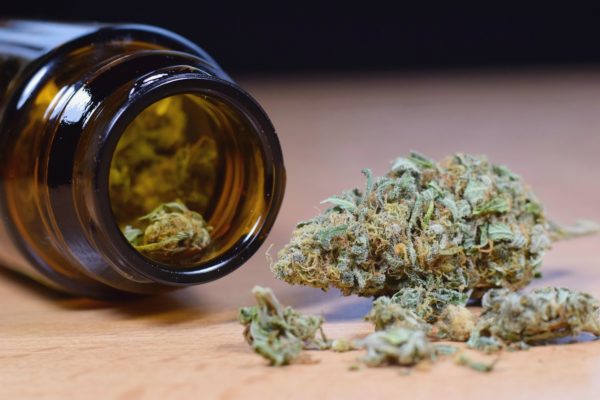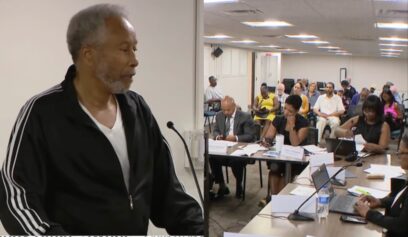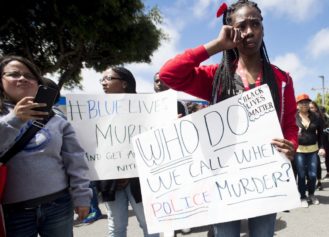It’s lit.
City leaders in Evanston, Illinois, approved a resolution Monday that would direct sales tax revenue from recreational marijuana purchases into a fund supporting a local reparations program, the Chicago Tribune reported.

The city of Evanston will direct tax proceeds from recreational marijuana sales into a reparations fund benefiting the city’s Black residents. (Photo: Getty Images)
Officials said the program will address the decline of Black residents in the Chicago-area suburb, as well as provide job training and other benefits. The city is the latest to vote for the taxation and appropriation of proceeds from the popular drug, which will become legal under state law Jan. 1
“This is the first that I’ve heard of in the nation,” Alderwoman Robin Rue Simmons, who proposed the reparations resolution, told CBS Chicago of the program. “I’m hoping that it will be a model that other localities will explore.”
Simmons understands reparations is a controversial topic for many, but she says she isn’t letting any potential pushback stop her.
“I’m offering no apologies,” she added. “This is for black Evanston residents. This is going to bring the impact in our community that’s overdue and well- deserved.”
Simmons and other local leaders said they see the marijuana dispensaries as an opportunity to establish a reparations fund that would addresss the longstanding effects of slavery, discrimination and institutionalized racism against Black Americans. Simmons also pointed to the failed war on drugs, which put a disproportionate number of Blacks and Latinos behind bars.
Now the very drug that got them incarcerated has been legalized in more than a dozen states for either medical or recreational use, or both.
“We were intentionally targeted,” the alderwoman said. “The law, the policy, the actions, the culture of the community, intentionally excluded black residents.”
Once weed is officially legalized for sale in Illinois, the city of Evanston will take revenue from those sales and direct 100 percent of the tax money to “a separate fund in a City account for reparations.” Through the program, city leaders hope to invest up to $10 million of the marijuana sales tax into “the community it unfairly policed and damaged.”
The city estimates the tax could generate between $500,000 to $750,000 each year, according to the Chicago Tribune.
Fellow Alderman Peter Braithwaite, 2nd Ward, applauded the effort as a “really special moment” for the city.
The program has also gained support from longtime residents like Toly Walker, who feels discriminatory practices and policies have left some Black Evanston residents struggling financially.
“I’m educated just enough to get my position – I have two masters degrees,” she said to local TV station CBS 2. “But what about the people who don’t? So, they can’t live here as homeowners? They’ll have to rent forever? That’s so discouraging, and it’s angering, and it should anger everyone if you believe in equity.”
With the resolution now passed, Evanston leaders are working to iron out important details like how exactly the city plans to allocate the funds and what programs will best support the Black community.
Watch more in the clip below.


